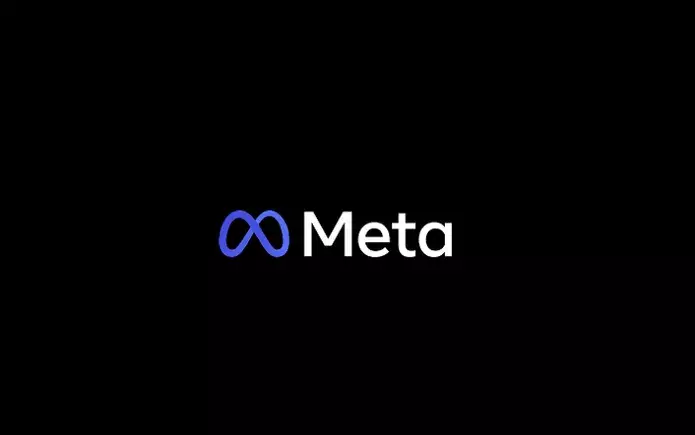In a groundbreaking legal triumph, Meta Platforms, Inc. has positioned itself at the forefront of the battle against spyware, challenging the sophisticated methods employed by malicious entities to unlawfully access personal information. This legal tussle, primarily associated with the company’s WhatsApp application, serves as a critical reminder of the vulnerabilities inherent in our increasingly digital lives. In a world where privacy often hangs by a thread, Meta’s victory stands out as a significant maneuver against the pervasive threat of spyware that preys on unsuspecting users.
In 2019, more than a thousand WhatsApp users faced a distressing revelation: their video calling feature had been compromised, facilitating the distribution of malware insidiously infiltrating their devices. Alarmingly, this breach did not necessitate any user interaction—receiving a video call sufficed for the malware to gain a foothold. The subtlety of such an attack raises pressing questions about the security that tech giants can guarantee amidst a landscape littered with invasive digital threats.
The Response of a Tech Titan
Determined to confront this alarming issue head-on, Meta enlisted the expertise of cybersecurity firm Citizen Lab. This collaboration aimed to dissect the breach and trace its origins. The findings ultimately led Meta to file a lawsuit against NSO Group, the designer of the notorious spyware tool, Pegasus. This software enables opportunistic actors to extract a wealth of data from users’ devices, ranging from location and financial details to private communications. As articulated by Meta, “NSO’s Pegasus functions as a covert instrument capable of pillaging information from any app present on a device.” Such invasive capabilities not only threaten individual privacy but also present dire implications for trust in social media platforms.
While Meta does not accuse NSO of directly orchestrating the WhatsApp breach, its legal approach underscores a firm stance against the abuse of such technologies. By targeting the developer rather than the individuals who exploit the software, Meta endeavors to illuminate the broader implications of unauthorized data access—an initiative that extends beyond their own app to the wider ecosystem of digital interaction.
A Legal Precedent for Change
This case has recently gained momentum, as a federal jury has sided with Meta, permitting the pursuit of damages against NSO. This development signifies more than a financial claim; it embodies a legal shift that could redefine the parameters in which spyware operates. Should Meta’s efforts prove successful, they may pave the way for additional lawsuits directed at spyware developers, fostering an environment where both accountability and deterrence come to the forefront.
The implications of this ruling extend deeply into the tech industry, offering a potential overhaul of how spyware is perceived and regulated. Historically, developers of such surveillance tools have skirted responsibility, justifying their existence by asserting that they serve legitimate purposes outside the realm of data exploitation. This case effectively challenges that narrative, illuminating a path toward greater scrutiny and establishing legal frameworks that could dissuade similar actions in the future.
The Path Forward: Redefining Digital Ethics
As the landscape of social media continues to evolve, the pressing need for robust ethical standards around user data has never been clearer. This legal victory does not merely read as a success for Meta but as a rallying cry for the tech industry at large. It compels all stakeholders, from app developers to regulatory bodies, to re-evaluate the ethical ramifications of their innovations. The fight against spyware is not solely about one organization but about safeguarding the foundational trust that users place in digital platforms.
While there remain intricate nuances surrounding data scraping and access permissions, this case represents a pivotal step toward mitigating the risks associated with unauthorized surveillance. In an era where individuals are inundated with requests for personal data, establishing legal precedents to defend consumers’ rights is not just timely—it is imperative.
Overall, Meta’s legal action against NSO can be interpreted as an essential endeavor to protect millions of users who are often blissfully unaware of the risks looming in their digital communications. As technological advancements usher in new possibilities, it is incumbent upon industry leaders to ensure that privacy safeguards accompany their innovations, fostering a safer online environment for everyone.

